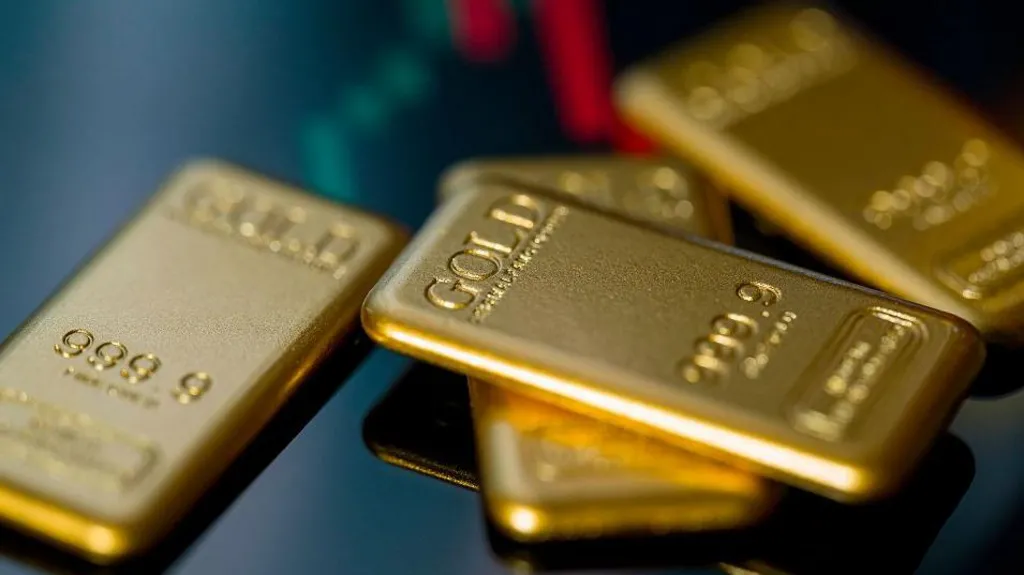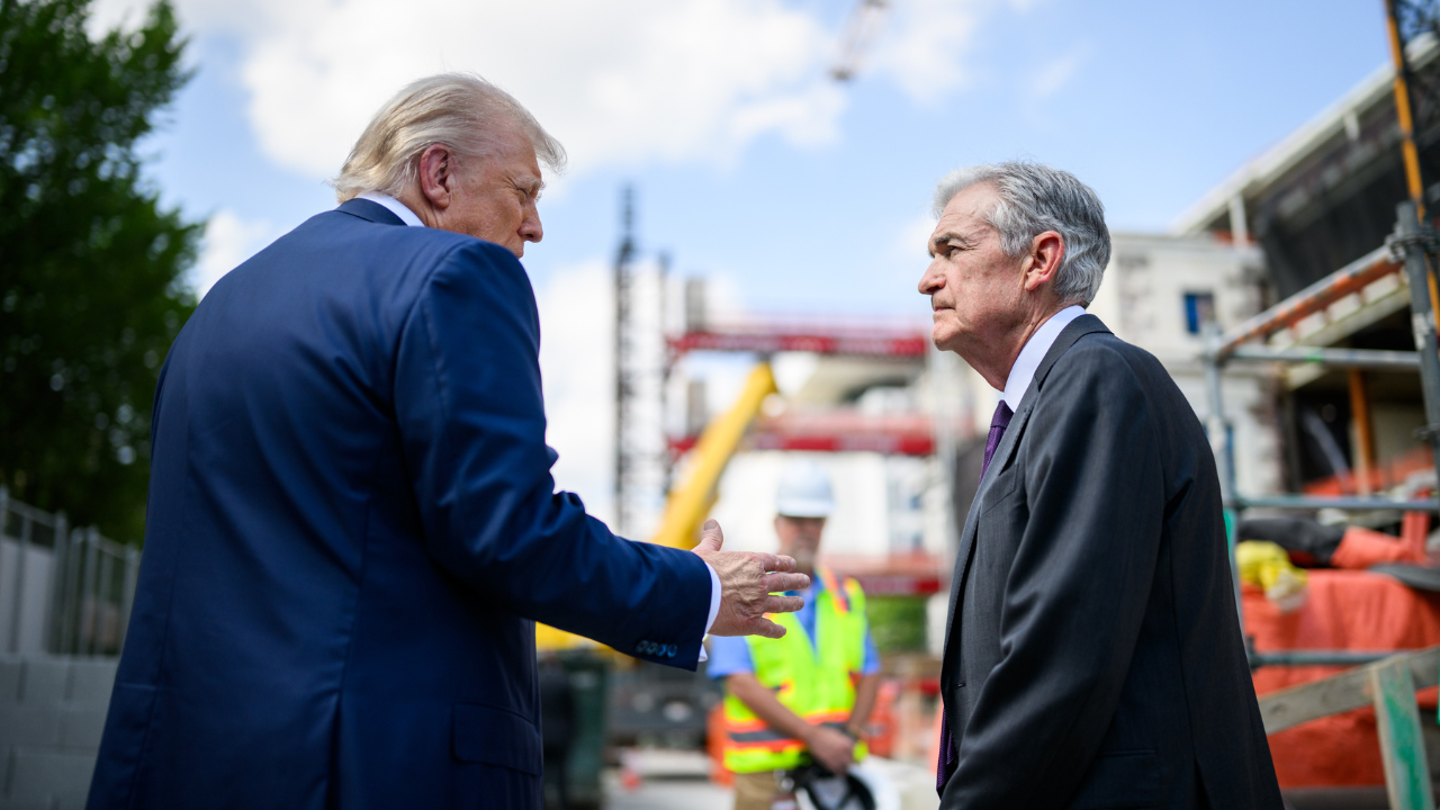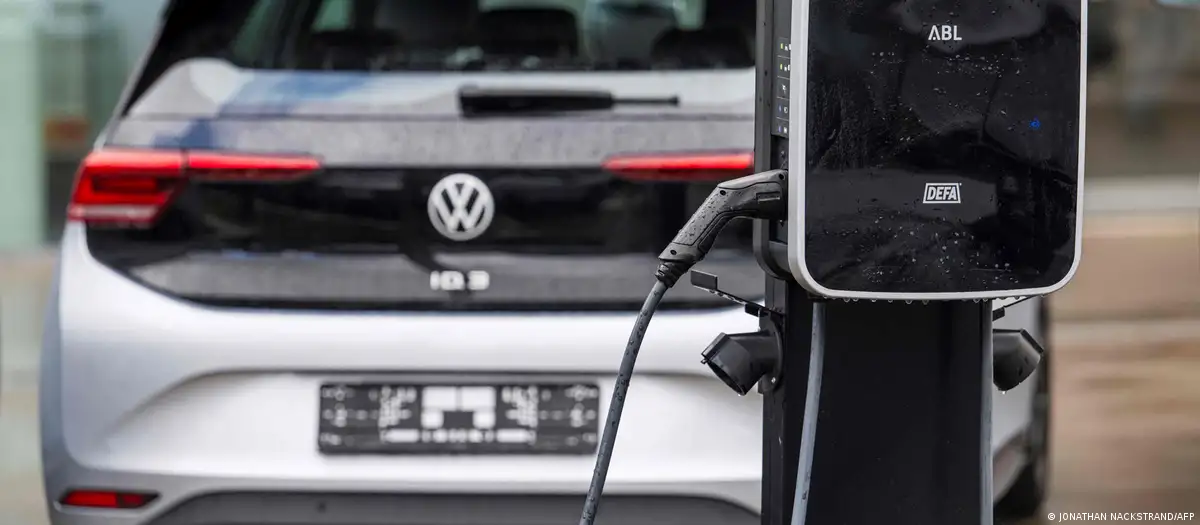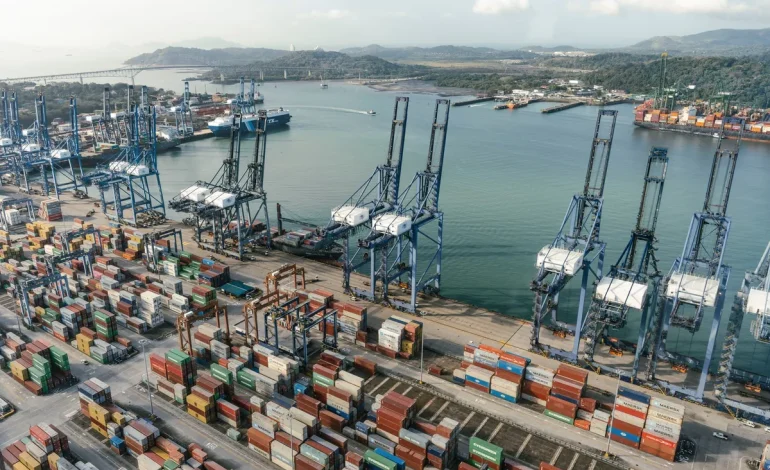Hong Kong-based conglomerate CK Hutchison Holdings Ltd., led by billionaire Li Ka-shing, will delay the signing of its planned sale of two key ports at the Panama Canal to a consortium that includes BlackRock Inc., according to media reports.
The deal, originally expected to be finalized on April 2, remains in place but faces delays due to the complexity of the transaction, the South China Morning Post reported, citing an unnamed source. Local media, including Sing Tao, also confirmed that the agreement would not be signed as planned.
The transaction involves CK Hutchison’s Balboa and Cristobal ports, which sit on opposite ends of the 82-kilometer (51-mile) Panama Canal, a critical trade route connecting the Atlantic and Pacific oceans. If completed, the broader sale of 43 port facilities could bring in more than $19 billion in cash for the company.
The delay comes amid geopolitical sensitivities, as the US and China are the primary users of the Panama Canal. Beijing has expressed concerns that the sale could impact its shipping and trade interests, while former US President Donald Trump viewed the deal as a strategic win, framing it as the canal shifting away from Chinese influence.
Adding to the uncertainty, China’s State Administration for Market Regulation has announced a review of the transaction to ensure fair competition and protect public interests. The regulator’s statement, which was reposted by official Chinese government channels, suggests heightened scrutiny from Beijing. Reports indicate that China has also instructed its state-owned firms to avoid new collaborations with businesses linked to Li Ka-shing and his family.
Pro-Beijing media outlets have intensified criticism of the deal in recent weeks, with Ta Kung Pao, a state-affiliated newspaper, labeling it as capitulating to US pressure. The Hong Kong government has acknowledged concerns over the sale and pledged to handle the matter in line with existing laws and regulations.
Despite the delay, CK Hutchison has not indicated that the deal is off the table. The company, registered in the Cayman Islands, generates only 12% of its revenue from Greater China, with Europe, Canada, and Australia making up the majority of its business. While the Panama Canal ports are strategically significant, the company has retained its port assets in Hong Kong and mainland China, keeping them outside of the current sale agreement.
With input from Bloomberg, Reuters, and US News & World Report.










The latest news in your social feeds
Subscribe to our social media platforms to stay tuned